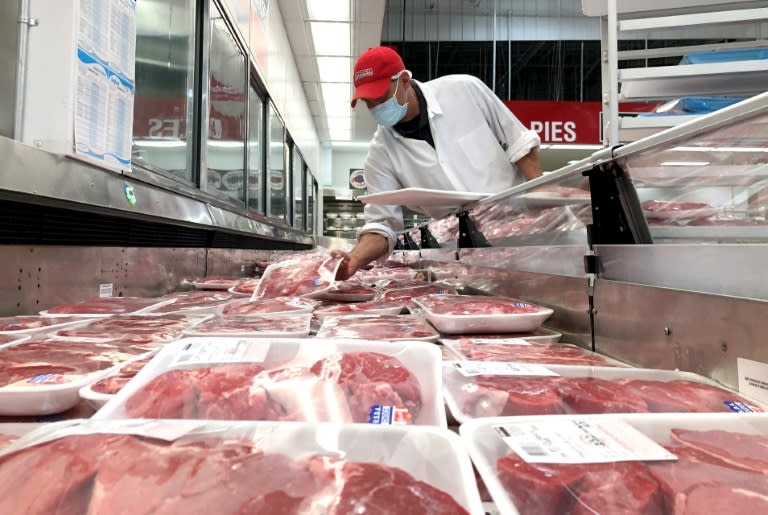
Jun 18, 2021
2 mins, 2 secs
Eating less red meat is standard medical advice for preventing colorectal cancer, but the way it causes cells to mutate has remained unclear, and not all experts were convinced there was a strong link.A new paper in the journal Cancer Discovery has now identified specific patterns of DNA damage triggered by diets rich in red meat -- further implicating the food as a carcinogen while heralding the possibility of detecting the cancer early and designing new treatments.Prior research establishing the connection was mainly epidemiologic, meaning that people who developed the condition were surveyed on their eating habits, and researchers spotted associations with colorectal cancer incidence."When we say red meat is carcinogenic, and that it impacts incidence of cancer, there has to be some plausible way by which it does it," Dana-Farber Cancer Institute oncologist Marios Giannakis, who led the new study, told AFP.The strength of this approach is that the people documenting their diet had no way of knowing of their future cancer diagnosis, rather than asking people to recall their eating habits after they became ill.The mutation signature was significantly associated with intake of red meat, both processed and unprocessed, prior to the patient's diagnosis of cancer, but not with the intake of poultry, fish or other lifetsyle factors that were examined.The mutation patterns were strongly associated with the distal colon -- the lower part of the bowels that leads to the anal canal, which is where past research suggested colon cancer linked to red meat mostly occurs.What's more, among the genes that were most affected by the alkylation patterns were those that previous research has shown are among the most common drivers of colorectal cancer when they mutate.In this case, the suspicious mutation signature has a lot to answer for: patients whose tumors had the highest levels of alkylation damage had a 47 percent greater risk of colorectal cancer-specific death, compared to patients with lower levels of damage.Future work might help physicians identify which patients are genetically predisposed to accumulating alkylation damage, then counsel them to limit their red meat intake.Finally, understanding the biological pathway through which colorectal cancer occurs paves the way for medicines that interrupt or reverse the process, preventing the disease.High levels of tumor alkylation damage were only seen among patients eating on average more than 150 grams (five ounces) a day, roughly equal to two or more servings.
